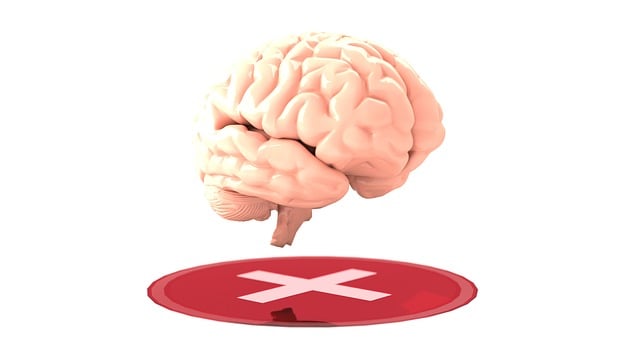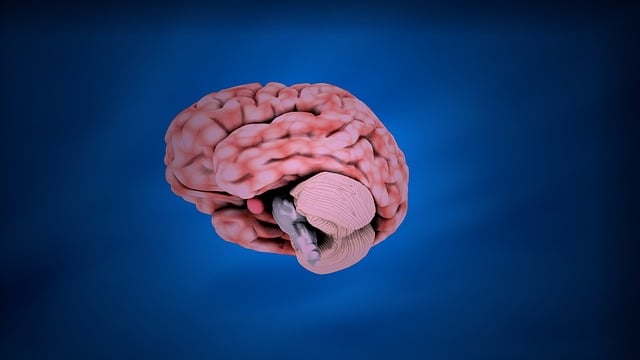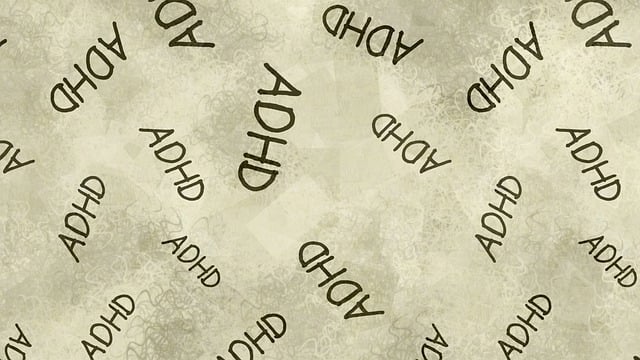Cultural competency is essential in healthcare, particularly in diverse communities like Littleton, where patients have varied cultural backgrounds. Recognizing these differences improves patient experiences, especially in mental health services. Littleton Gambling Therapy leads the way by offering specialized training and workshops that enhance therapists' cultural awareness, empathy, emotional intelligence, and active listening skills, leading to better treatment outcomes. Effective healthcare training should prioritize cultural competency through role-playing scenarios, crisis intervention guidance, positive thinking, and inclusive language. Training effectiveness can be measured using pre/post surveys and long-term patient satisfaction tracking, ensuring continuous improvement in care delivery for diverse patients.
“In today’s diverse healthcare landscape, cultural competency is no longer a luxury but an essential skill. This article explores the critical need for healthcare provider training in cultural competency and its significant impact on patient care. We delve into effective strategies, including the role of innovative approaches like Littleton Gambling Therapy, to enhance cultural awareness. By examining successful training programs and measurement techniques, we aim to highlight how healthcare providers can navigate and address the unique needs of a multicultural patient population.”
- Understanding Cultural Competency in Healthcare: A Necessity in Modern Practice
- The Role of Littleton Gambling Therapy in Promoting Cultural Awareness
- Designing Effective Training Programs for Healthcare Providers
- Measuring and Evaluating the Impact of Cultural Competency Training
Understanding Cultural Competency in Healthcare: A Necessity in Modern Practice

Cultural competency in healthcare is no longer a nice-to-have but an essential necessity for modern practice. In a diverse society like Littleton, where various cultural backgrounds intertwine, understanding and respecting different beliefs, values, and health practices is crucial to delivering effective care. This involves recognizing that every patient brings their unique cultural lens to the healthcare setting, shaping their experiences and interactions with providers.
For instance, what might be considered normal behavior or communication styles in one culture could differ significantly from another. Healthcare providers trained in cultural competency are better equipped to navigate these differences, fostering a sense of trust and understanding. This is especially pertinent in fields like Littleton Gambling Therapy where addressing mental wellness concerns requires not just clinical expertise but also sensitivity to the patient’s cultural context. Compassion cultivation practices and mental wellness journaling exercise guidance can play a vital role in enhancing cultural competency, promoting empathy, and ultimately improving patient outcomes, including anxiety relief.
The Role of Littleton Gambling Therapy in Promoting Cultural Awareness

Littleton Gambling Therapy plays a pivotal role in promoting cultural awareness among healthcare providers. By integrating specialized training programs, this therapy equips professionals with essential tools to navigate diverse patient backgrounds and deliver tailored care. Through interactive workshops and group discussions, therapists foster an environment that encourages active listening, emotional intelligence, and empathy building strategies. This comprehensive approach not only enhances the quality of treatment but also strengthens the therapeutic bond between healthcare providers and patients from various cultural contexts.
The focus on emotional intelligence enables therapists to recognize and understand the complex interplay of mood management issues within different cultural frameworks. By recognizing these nuances, Littleton Gambling Therapy helps professionals adapt their strategies, ensuring that every patient receives care that respects and values their unique heritage. This tailored approach contributes significantly to improved treatment outcomes and strengthens the overall cultural competency of healthcare providers.
Designing Effective Training Programs for Healthcare Providers

Effective training programs for healthcare providers should focus on fostering cultural competency and empathy within a diverse patient population. One key strategy is to incorporate Empathy Building Strategies that encourage providers to understand and respect different perspectives, beliefs, and values. This can be achieved through role-playing scenarios that simulate common challenges faced by patients from various backgrounds. By practicing Crisis Intervention Guidance, healthcare professionals learn to de-escalate tensions and provide support in high-pressure situations.
Additionally, promoting positive thinking and communication skills is vital. Training modules should emphasize active listening, clear explanations of medical information, and the use of inclusive language. For instance, at Littleton Gambling Therapy, sessions might include discussions on cultural nuances related to gambling behaviors, ensuring providers are equipped to offer tailored care. These programs aim to revolutionize healthcare delivery by nurturing a more compassionate and culturally sensitive environment, ultimately improving patient outcomes.
Measuring and Evaluating the Impact of Cultural Competency Training

Measuring and evaluating the effectiveness of healthcare provider cultural competency training is a multifaceted process. It involves assessing both immediate outcomes, such as changes in knowledge and attitudes post-training, and long-term impacts on clinical practice and patient satisfaction. One effective method to gauge success is through pre- and post-training surveys, which can track participants’ understanding of cultural concepts and their perceived readiness to apply new skills. These tools help identify areas where training was particularly impactful and aspects that may require further reinforcement.
Additionally, ongoing monitoring through quality improvement initiatives, case studies, and feedback from both providers and patients can provide valuable insights. For instance, tracking the referral rates for specialized services like Littleton Gambling Therapy within the organization can demonstrate improved emotional regulation skills among healthcare providers. This holistic evaluation approach ensures that training programs are not only effective but also sustainable, positively influencing patient care and outcomes, especially in diverse communities.
Cultural competency training is no longer an option but an essential tool for healthcare providers in modern practice. As highlighted, programs like Littleton Gambling Therapy play a pivotal role in fostering cultural awareness and understanding, which ultimately improves patient care and outcomes. Effective training should be interactive, evidence-based, and tailored to diverse healthcare settings. Measuring the impact of such training is crucial to ensure continuous improvement and positive changes in clinical practices, ensuring every patient receives respectful and culturally sensitive care.














